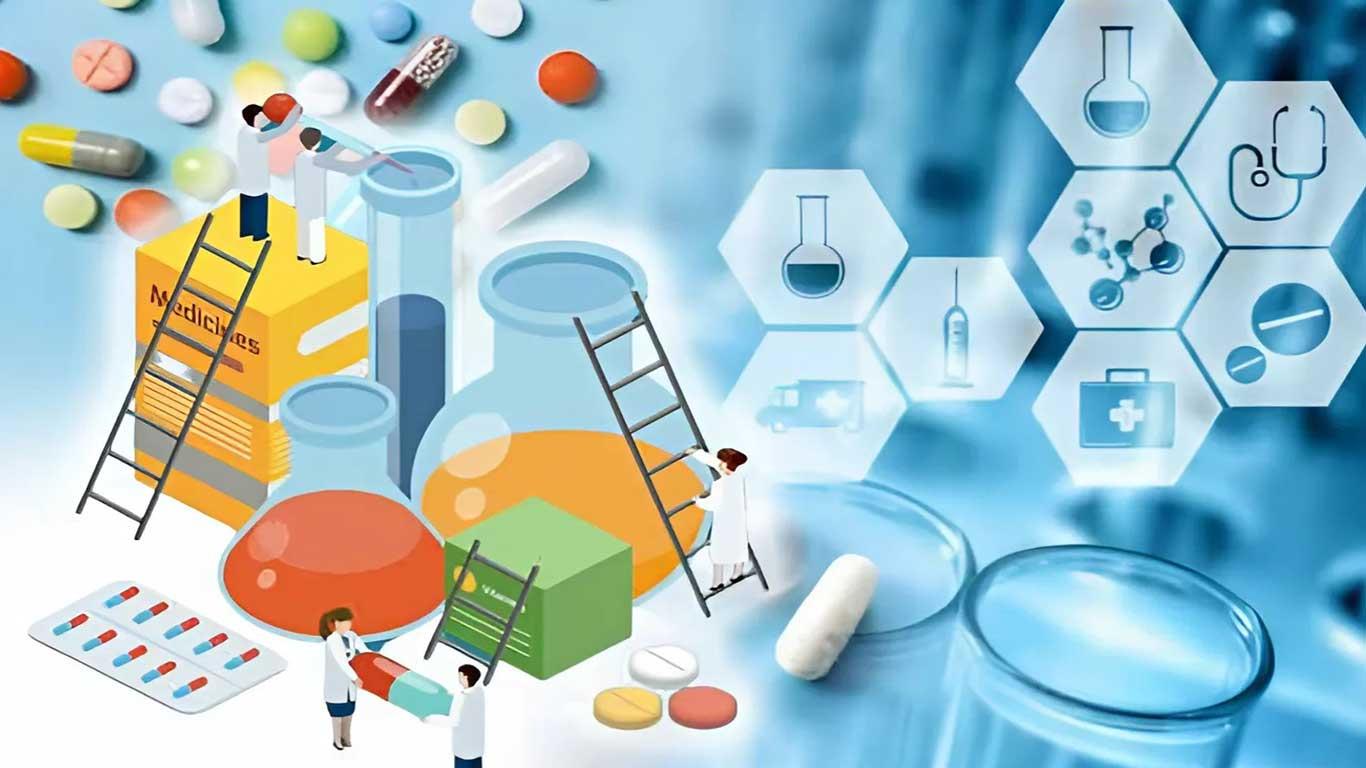
PLI Schemes Drive India's Pharmaceutical Growth, Strengthening Global Pharma Leadership
The scheme for pharmaceuticals, approved in February 2021 with a financial outlay of Rs 15,000 crore, provides incentives to 55 selected applicants for manufacturing high-value products including biopharmaceuticals, complex generics, and anti-cancer drugs through fiscal year 2027-28.
A parallel PLI initiative for Key Starting Materials, Drug Intermediates, and Active Pharmaceutical Ingredients was established in March 2020 with a Rs 6,940 crore financial commitment through fiscal year 2029-30.
This program aims to reduce import dependence for 41 identified bulk drugs.
The scheme has already exceeded its investment targets, with realised investments of Rs 4,253.92 crore surpassing the initial commitment of Rs 3,938.57 crore as of December 2024.
Notable achievements under the bulk drugs PLI scheme include the commissioning of 34 projects for 25 bulk drugs, including significant investments such as the Rs 1,910 crore Penicillin G project in Andhra Pradesh and the Rs 450 crore Clavulanic Acid facility in Himachal Pradesh.
These projects are expected to generate annual import substitution values of Rs 2,700 crore and Rs 600 crore, respectively.
During fiscal year 2024-25, the Department of Pharmaceuticals approved 13 FDI proposals for brownfield projects totaling Rs 7,246.40 crore.
Foreign direct investment in pharmaceuticals and medical devices has shown strong momentum, with FDI inflows reaching Rs 11,888 crore between April and December 2024.
India's pharmaceutical industry has demonstrated remarkable global impact, serving as UNICEF's largest vaccine supplier for the past six to seven years.
The country contributes 55 percent to 60 percent of UNICEF's total vaccine procurement volume, while meeting 99 percent, 52 percent, and 45 percent of the World Health Organisation's demand for DPT, BCG, and measles vaccines, respectively.
India is steadily reinforcing its position as a global pharmaceutical manufacturing hub while ensuring domestic access to quality, affordable healthcare solutions.
(KNN Bureau)
Legal Disclaimer:
MENAFN provides the
information “as is” without warranty of any kind. We do not accept
any responsibility or liability for the accuracy, content, images,
videos, licenses, completeness, legality, or reliability of the information
contained in this article. If you have any complaints or copyright
issues related to this article, kindly contact the provider above.


















Comments
No comment